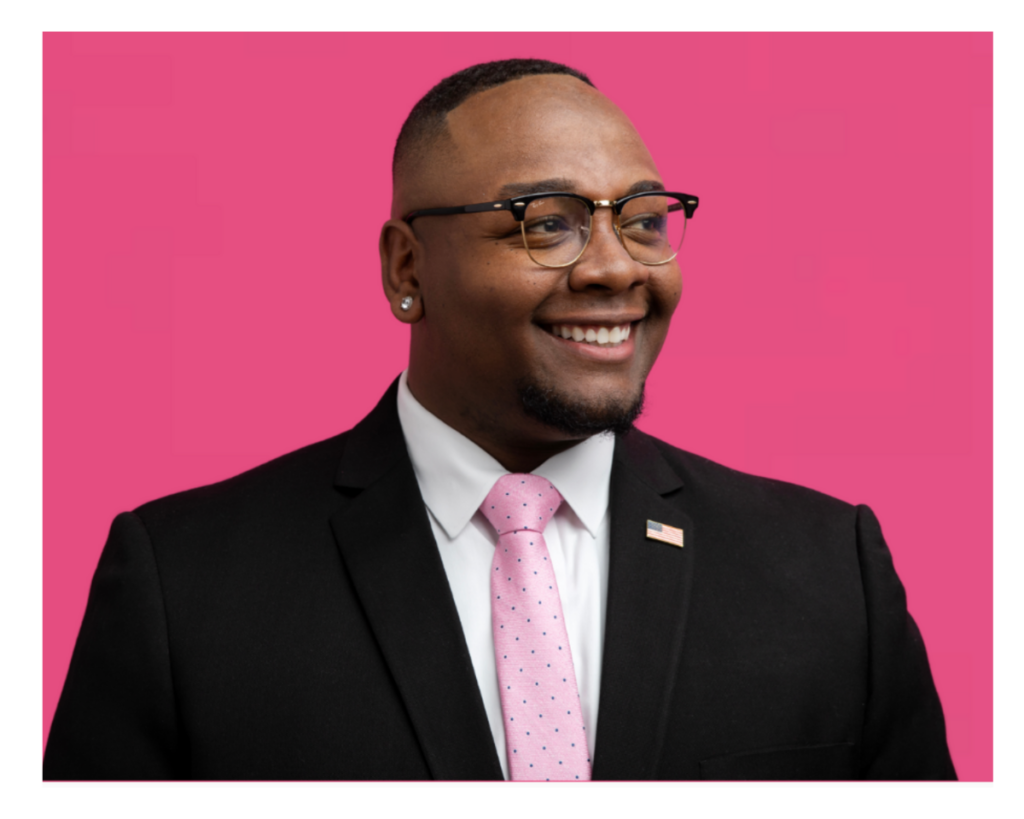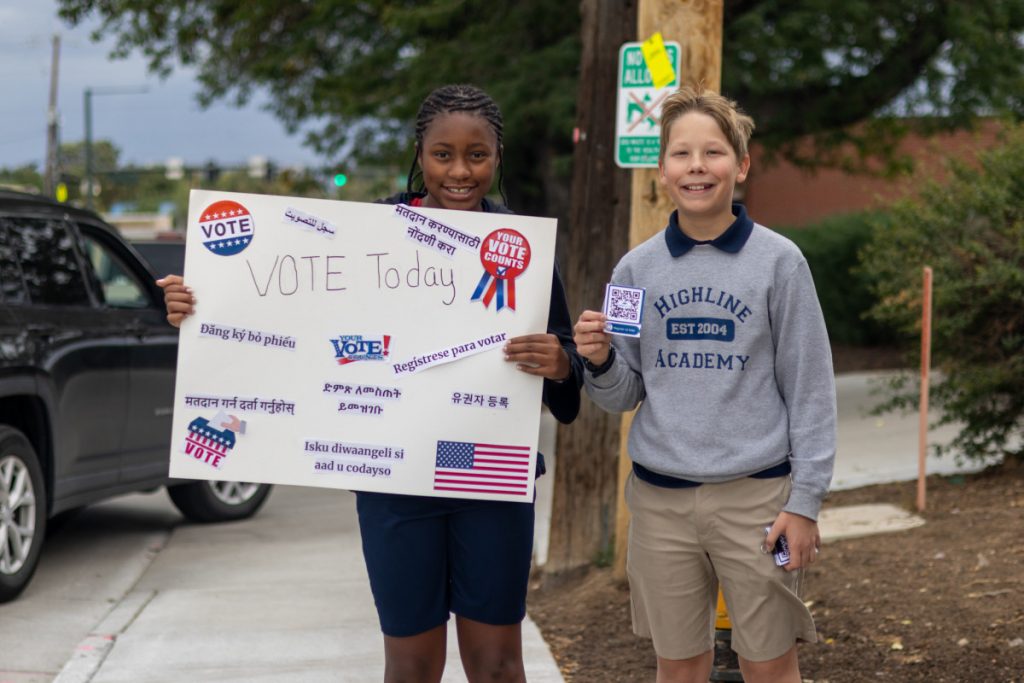It’s not surprising that a new bipartisan poll found that the Denver school board is deeply unpopular, given the board’s collective inability to focus on what matters most at any given moment.
Poll respondents skewed older, whiter, and more conservative than the city as a whole. Then again, so do the people who show up to vote in mayoral and school board elections.
So the two incumbents up for reelection – Auon’tai Anderson and Scott Baldermann – would be wise to take the poll results seriously.
Nearly two-thirds (63 percent) of Denverites who responded believe DPS board members are only interested in their political ambitions, and not in improving the education outcomes of DPS kids, including 70 percent of parents. Just under 60 percent of respondents had an unfavorable view of the board, while 36 percent viewed the board favorably.
And a plurality of respondents – 39 percent – support a mass resignation of the seven board members, while 33 percent opposed, and 28 percent either had no opinion or neither supported nor opposed.
Another interesting poll finding is that almost no one seems to know who Superintendent Alex Marrero is. More than half – 52 percent had never heard of him, and another 23 percent had no opinion of his performance. Of the remaining one-quarter of respondents, 14 percent had an unfavorable view, 11 percent viewed him favorably.
At least he doesn’t have to run for office.
No poll questions focused specifically on Baldermann, who represents southeast Denver. But a question about whether voters should reelect the 24-year-old Anderson, who has been a lightning rod during his almost four years on the board, found only 9 percent support for returning him for a second four-year term. Fifty-six percent said it was time for someone new, while 36 percent were undecided.
The poll has a margin of error of 4.83 percent.
More troubling for Anderson was that 42 percent of Black poll respondents said he should not be reelected, with just 20 percent of Black respondents saying he should get a second term. Latino respondents were more negative about reelecting him – 67 percent want him gone – than white voters – 55 percent oppose his reelection.
Focusing on popularity by race might seem distasteful, but Anderson has consistently put race at the center of his frequent public and social media pronouncements. He is an outspoken champion for children of color, and especially Black children.
This might make me unpopular in some circles, but I view Anderson as a politician with significant potential. He is committed, hard-working, and unafraid to take unpopular positions, even if it means alienating powerful constituencies, like the Denver Classroom Teachers Association. Those are all attributes lacking in too many contemporary political figures.
Where Anderson still has ample room for growth is in learning how to harness his ambition and ego and steer them toward productive ends. Often he seems to crave the spotlight above all else, and to feel he has to get in the last word after a disagreement had seemingly ended (see for, example, his most recent dust-up with board President Xóchitl Gaytán)
As pressure on the board has mounted since the March East High School shootings, and calls for mass resignations have gathered steam, Anderson has intensified his allegations that much of the criticism of him is race-based.
There is no question that he has been the target of reprehensible racist attacks on social media, and I have no doubt that some of his unpopularity results from his being a proudly outspoken young Black man. That is sickening.
But he does himself no favors when he lets his youth and inexperience cloud his better judgment. One recent example: He posted, as he often does, a screenshot of a racist Tweet aimed at him. This time, he added the comment: “This is the type of stuff Van (Schoales) would endorse!”
Schoales, a white man (who, full disclosure, is an old personal friend of mine), has been a Denver school leader, education reform advocate, and local policy wonk for more than two decades. He has never been shy about publicly expressing his opinions. No one who is thinking clearly would call him a racist.
When Anderson was called out for his Tweet attack on Schoales by former Colorado House Speaker Terrance Carroll, who is Black, Anderson doubled down. “Respectfully, Mr. Speaker – his ongoing antics against the (board of education) encourage this racist behavior.”
The antics Anderson was referring to were Schoales’ repeated calls on social media for the school board to resign en masse.
I’m not much of a Tweeter, but I had to respond to that: “So criticism encourages racist attacks? Therefore everyone who disagrees with you should just shut up or risk being labeled a racist-enabler? I’m sorry, Auon’tai, but that is so wrong-headed I don’t even know where to start. And I suspect you know better.”
The election is a little more than six months away. Anderson, having reportedly alienated the DCTA by virtue of some of his more enlightened votes, will have to scramble to find a new base of support if he wants to get within shouting distance of reelection.
Given his recent actions, and the new poll, he has his work cut out for him.




